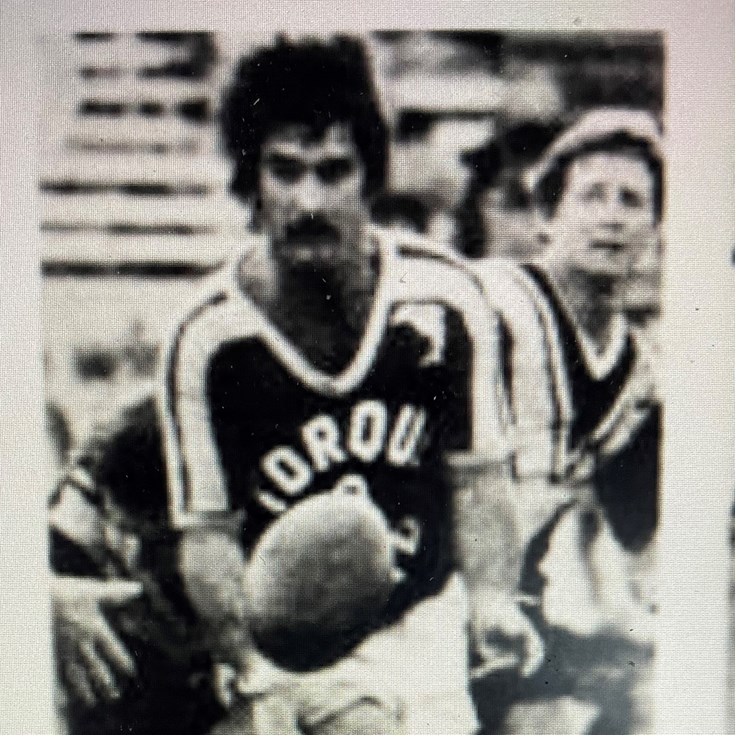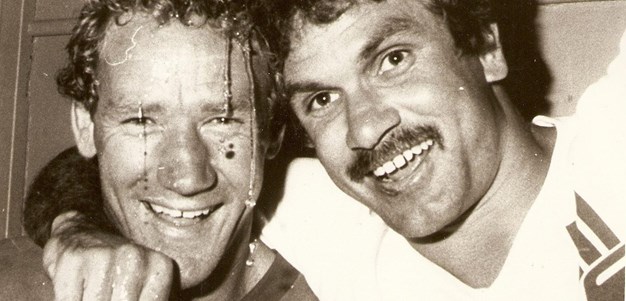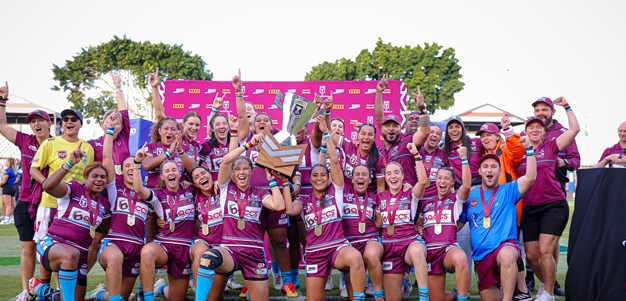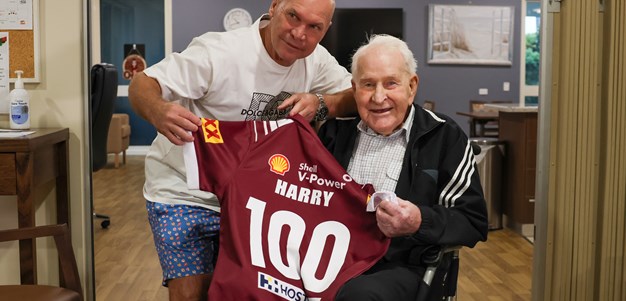
Queensland Rugby League has today unveiled its Reconciliation Action Plan, a key strategic document that formally recognises the game’s commitment to fostering reconciliation and inclusiveness on and off the field.
The initiative is aligned to the QRL Diversity and Inclusion Framework and is the culmination of an 18-month project led by the league’s Indigenous Advisory Committee.
QRL managing director Robert Moore said it was a significant milestone for the game.
“This is about providing a deeper understanding of Aboriginal and Torres Strait Islander cultures,” Moore said.
“And just as importantly, it is about a united approach, and truly understanding what is important to our communities.
“Our RAP is about applying cultural processes that can be incorporated into our business operations and Board strategies.”
QRL Reconciliation Action Plan
At the heart of the RAP is a commitment to further develop the capacity and reach of Aboriginal and Torres Strait Islander rugby league through the development of sustainable partnerships and activities.
The QRL currently works collaboratively with a number of community organisations, including Deadly Choices, FOGS and the Arthur Beetson Foundation.
The RAP features 14 “action” points, all of which aim to drive community and social improvement outcomes throughout the state.
Each action is attached to deliverables as well as timelines, all assigned to a designated working group or department within the game.
The unveiling of the 2020-21 RAP is another feather in the cap for the game after the QRL was last month announced as a finalist in the Queensland Reconciliation Awards.
These awards recognised businesses, community organisations, educational institutions and initiatives that committed to building a more inclusive society across the state.
Indigenous Advisory Committee co-chair Eddie Monaei said this award, along with the launch of the RAP, would not have been possible without the support of the QRL Board.
“I am extremely pleased that the Queensland Rugby League Board have firstly recognised the contributions of Aboriginal and Torres Strait Islander people to our game,” Monaei said.
“Secondly, we are grateful to the Board for having the confidence in the Indigenous Advisory Committee within the QRL to champion the inception of a Reconciliation Action Plan to our game.
“We now have a solid document that recognises how much capacity we have and how much we have grown as a game.”
Monaei said the RAP recognised the efforts and contributions of the non-Indigenous and Indigenous staff within the game.
“Now that we have a Reconciliation Action Plan, it sets the platform from a strategic perspective to look at how we can improve the employment of First Nations people within rugby league,” Monaei said.
“It looks at building and branching out and us linking up with partners and stakeholders across the Queensland Government sector so that we have a footprint within our Aboriginal and Torres Strait Islander communities.
“This will then improve governance in order for us to support the growth of the game and support the individuals within some isolated locations.”
Monaei said education was a key component of the RAP.
“Education is onerous on staff to embrace what cultural capability means for an organisation,” Monaei said.
“Cultural capability comes in many forms, but it is important to note that cultural capability references an ongoing learning journey for staff.
“You don’t have to be Indigenous to understand history because history is something that we are now creating with this plan.
“Everyone can now be part of this journey in terms of writing the next script to improve our game and to ultimately be a more inclusive game.”





